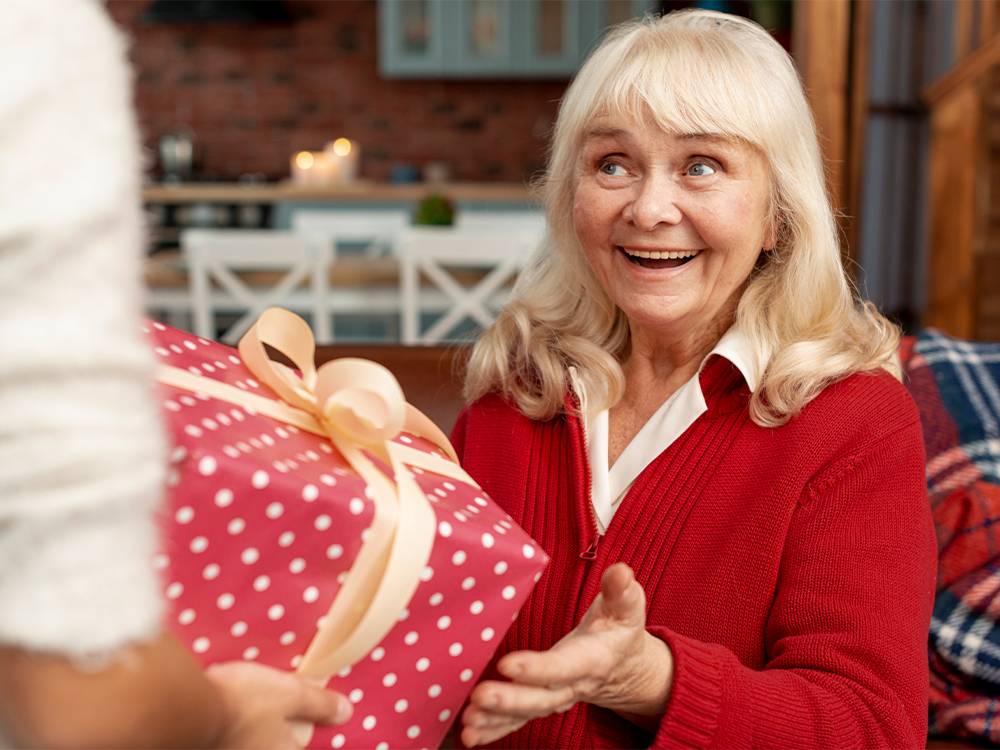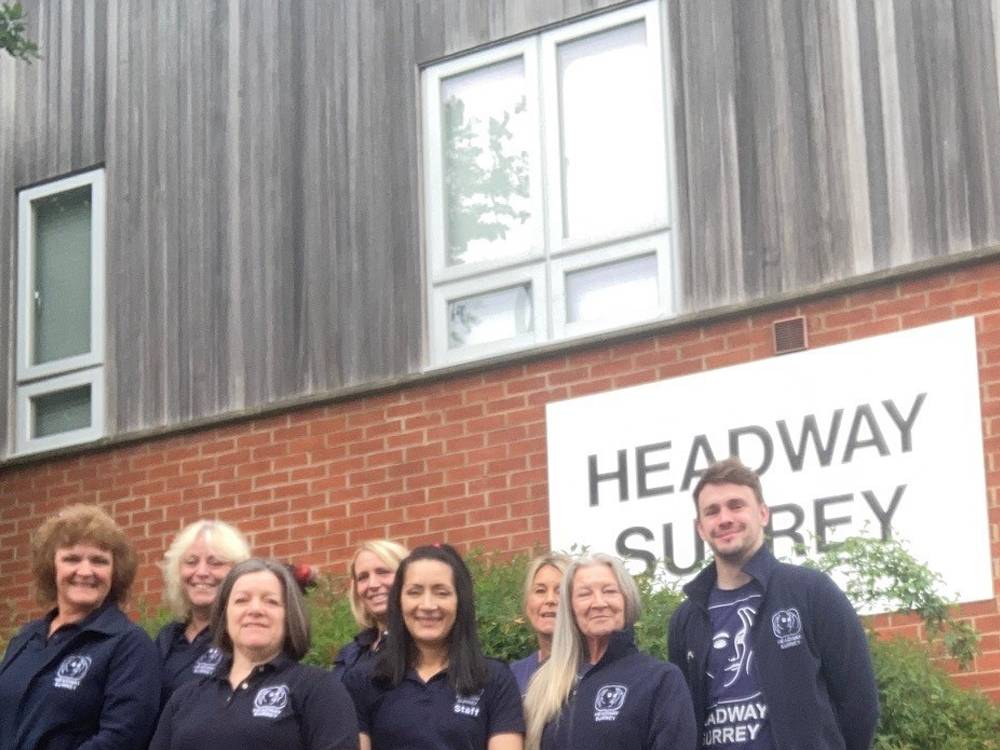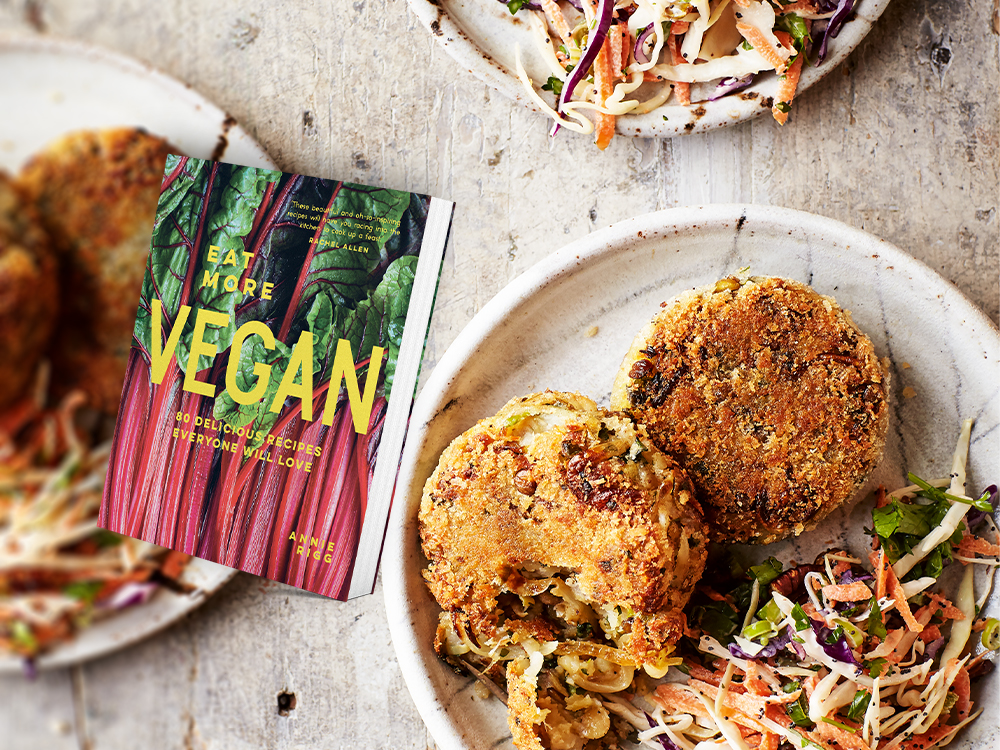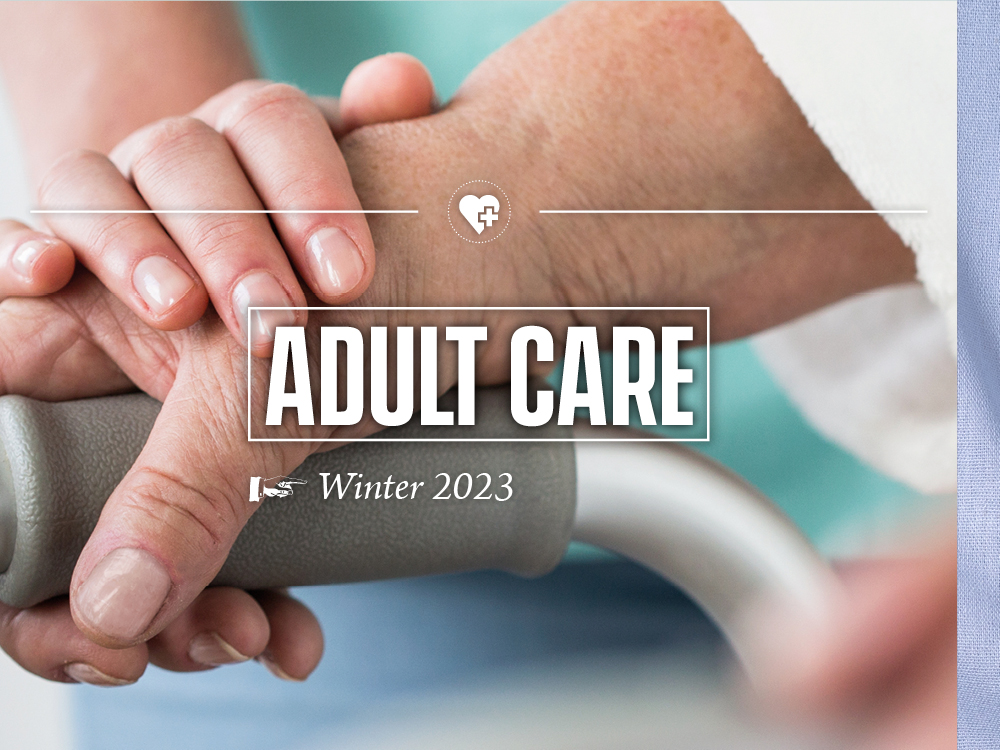Health & Nutrition
TOP STORIES

Care is not just for Christmas
Almost 1.5 million people feel more lonely at Christmas than any other time, do what you can to make this one full of love and joy

Don’t be afraid to cry
Columnist Robbie James says: ” I have an inability to cry but that doesn’t stop me from feeling sad”

Head for Headway Surrey open day
Headway Surrey is offering a special chance to come and see inside, you never know when you might need our services.

Frimley goes pink for organ donation
Organ Donation Week runs from September 18th to 24th and Frimley Park and Wexham Park hospitals will be lit up pink, the colour of the donation card.

C’est La Vegan!
Eat More Vegan by Annie Rigg, out now, published by Pavilion Books

Care Supplement: February 2023
Make the right choices to help you or your loved one make the most of their later life

M&S Food launch new breakfast range
Tasty new cereals, granolas, porridge, breakfast toppers and breakfast pots will brighten your morning thanks to an Eat Well breakfast

Healthy start to 2023 at Squire’s
Wholesome food and a warm welcome await at Squire’s this January and there’s a comforting 15% off the bill

Recipes: Life on the veg
Healthy, satisfying meals, that are quick and easy to prepare and come in on a tight budget are essential as we start 2023
No posts found
No posts found
No posts found
No posts found

ABOUT US
Over the Years

2025
Round & About now have 31 editions reaching over 620,000 homes each month
22 employees, and over 600 businesses advertising each month
2019
The team won gold for Commercial Team of the Year and Regional Media Brand of the Year
at the British Media Awards 2019
2016
Round & About held
the first of two SO
Food Festivals
in Wallingford in September




